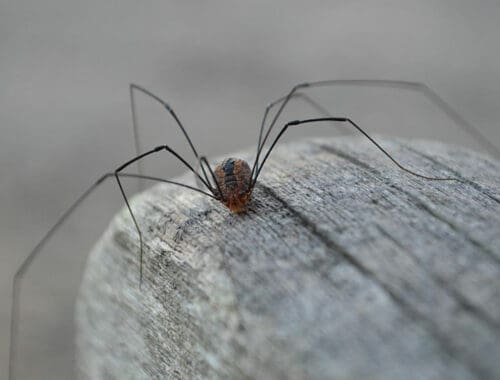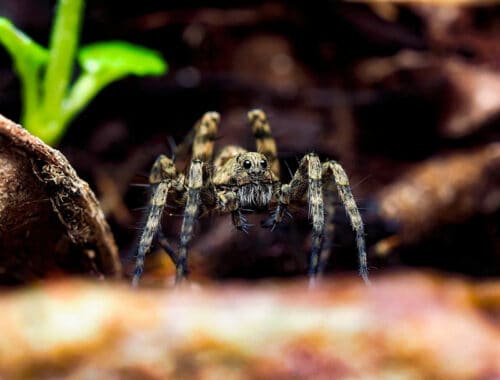Before we even get into the article, no, marshmallows are not good for dogs. Marshmallows are not even good for people and dogs have much more rigid health needs than humans do. Feeding your dog marshmallows is not a good choice, so you absolutely shouldn’t do it. To learn more about why marshmallows are not healthy for your dog, keep reading.
What Are Marshmallows Made Of?
Marshmallows are made of sugar, corn syrup, gelatin, and vanilla extract and coated with either cornstarch or confectioner’s sugar. Which is a whole lot of words to indicate that these little treats contain basically no nutritional value. Dogs are not immune to the lack of nutritional value in marshmallows.
Additionally, many marshmallows contain the artificial sweetener Xylitol. This compound is incredibly dangerous for dogs and is highly toxic. Small amounts of Xylitol can kill a dog very easily.
Xylitol causes dogs’ blood sugar levels to drop dangerously low, which can lead to rapid death. It has also been shown to be highly toxic to dogs’ livers—another crucial organ—and can lead to liver failure if the toxicity is not treated.
Marshmallow Nutrition or Lack Thereof
In addition to potentially containing deadly toxins, marshmallows also have less nutritional value than a rock. Many gastrolithic (rock-eating) animals including seals and ostriches are known to eat rocks to aid digestion of difficult-to-digest compounds, meaning rocks actually have more nutritional value than marshmallows.
Marshmallows have an absurdly high caloric content. There are about 159 calories in a marshmallow which means they have more than 25% the sugar of a can of Coca-Cola, and more calories than a shot of vodka.

Are All Marshmallows Toxic?
Not all marshmallows are toxic to dogs. Only the ones that contain Xylitol are dangerous, but if your dog eats too many marshmallows, they may experience gastrointestinal upset that could be uncomfortable for them.
The high sugar content of marshmallows also puts the dog’s pancreas in overdrive as the pancreas tries to release enough hormones to break down all the marshmallows. This can lead to pancreatitis and eventually diabetes from the failure of the pancreas as it works itself to death.
If your dog has eaten too many marshmallows, they may experience vomiting, lack of appetite, and diarrhea. If these symptoms are severe or last for more than one-to-two days, your dog may be at risk of pancreatitis. If your dog has been experiencing symptoms of marshmallow toxicity for a few days, take them to the vet immediately. If their pancreas fails, they will die.
What to Do If Your Dog Ate Marshmallows?
If your dog has eaten several marshmallows, call your veterinarian immediately. Your veterinarian will likely induce vomiting if the dog has consumed the marshmallows in the last several hours. Inducing vomiting will prevent further gastrointestinal absorption of the marshmallows and remove the source of the toxins from their system.
Once the marshmallows have exited your dog’s system, your veterinarian will probably keep your dog for observation to ensure that there are no signs of further toxicity or pancreatitis. If your dog has been vomiting or experiencing diarrhea, they may need intravenous fluids to control the loss of moisture from their body systems.
Conclusion
Your dog’s needs are important, and marshmallows are one thing they definitely don’t need. Marshmallows can be very dangerous for dogs, so check the label to ensure they don’t contain Xylitol, and keep an eye on your dog if they’ve consumed any marshmallows.
If you believe your dog has eaten marshmallows, it’s best to get them to a veterinarian as soon as possible. Once the pancreas is damaged, there is no way to restore its function; it’s better safe than sorry!
Featured Image Credit: Pixabay














